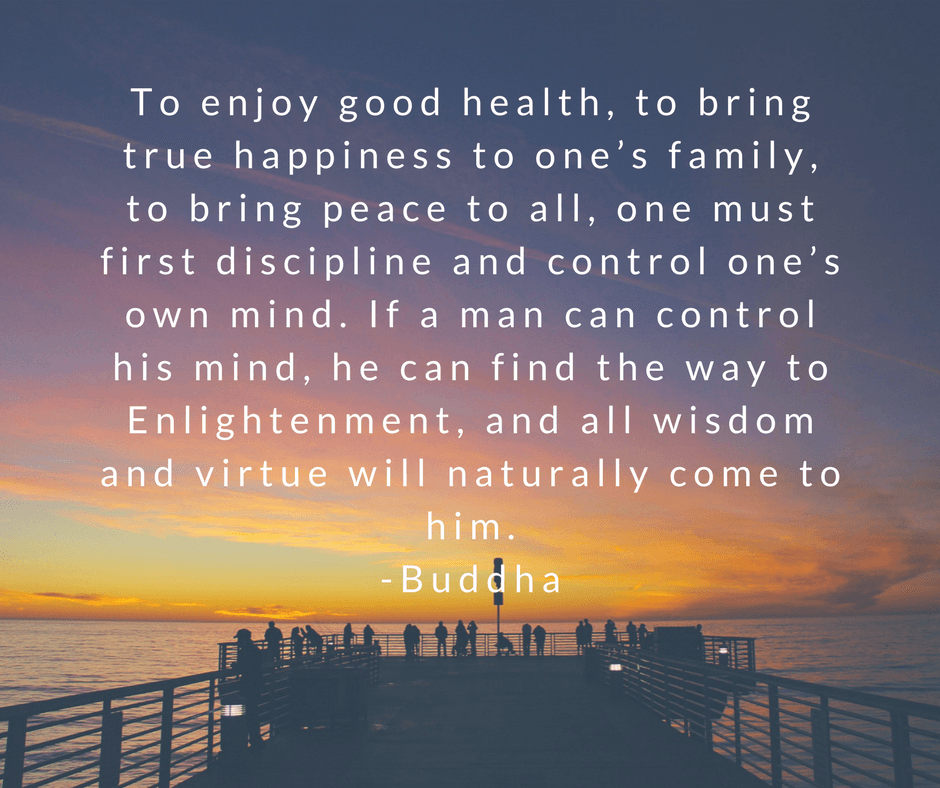Do you live in the moment or are you building long-term happiness? Have you ever decided to go out and try a new activity or buy a new gadget, certain that it will make you happy, only to be disappointed?
So often, we think that a quick pick-me-up, such as a shopping spree or meal at a new restaurant, will revive our enthusiasm for life. However, we often find that we feel just as empty as we did before we left home. If you find yourself always trying to find happiness in the present, it may be time to re-examine your relationship to momentary pleasure and consider taking a long-term approach to happiness instead.
What is happiness, anyway?
It is important to appreciate the difference between pleasure – which is an immediate positive sensation experienced as a result of a particular activity – and happiness. Happiness is a state that persists across time, whereas pleasure is more fleeting in nature.
You feel pleasure when you eat a delicious meal, receive a massage, or enjoy a few extra hours of sleep on a Sunday morning.
Happiness is a global evaluation of your life as it stands, and it also offers a sense of hope for the future. Happiness may come from achieving a meaningful goal and reflecting on the steps you had to take to attain it, like building a long-term romantic relationship or undertaking a period of spiritual growth, for example.
Laying the foundations for future happiness is often hard work that brings little to no pleasure. Consider the following list of things that bring us long-term happiness, but often cause more pain than pleasure on a minute-by-minute basis:
Things that bring long term happiness though it can cause pain at the moment
- Working hard to get into shape and improve your health
- Working through difficulties in a relationship to strengthen it over the long-term
- Working at a challenging job in order to gain a better quality of life and professional achievements
- Renovating an old property in order to create a beautiful family home for years to come
- Budgeting carefully to save well for a happy retirement
Equally, many common things we do in pursuit of pleasure do not actually result in happiness over the long term. These include:
Things that bring pleasure but not happiness
- Eating tasty but unhealthy junk food, which results in poor health and weight gain
- Procrastinating at work, which may be pleasurable, but can result in an unsatisfying career
- Playing video games for hours at a time, which impairs productivity
- Watching television that does little to improve our knowledge or appreciation of the world
- Buying unnecessary items, like coffee, that give brief pleasure but deplete our finances over time
How should we balance momentary pleasure with true happiness?
There is no need to forsake all momentary pleasure. It is fine to live for the moment some of the time. However, when it becomes detrimental to your overall life progress over a long-term period of time, you need to work harder at striking a balance between long-term happiness and short-term gratification. If you have a gnawing sensation that you are missing out on life and that your goals have been unmet for months or even years, this is a sign that you need to focus on attaining long-term happiness and spend less time in pursuit of short-term pleasure.
You need to overcome your inability to push through discomfort and move towards what will make you happy over the long haul, even when you would much rather give into your desire for short-term gratification. We all know that working hard will pay off and produce long-lasting happiness, but actually making yourself put in the effort required can be immensely difficult. Anticipate these feelings and learn to take pride in overcoming them. Know that it is normal to resent discomfort, but that the happiest people are willing and able to tolerate psychological discomfort.













































